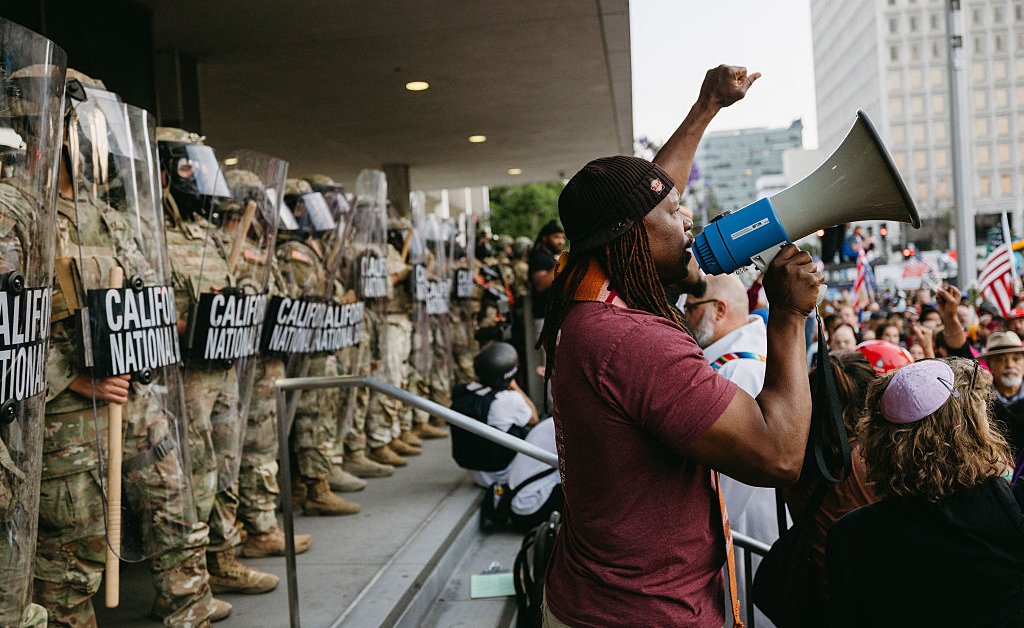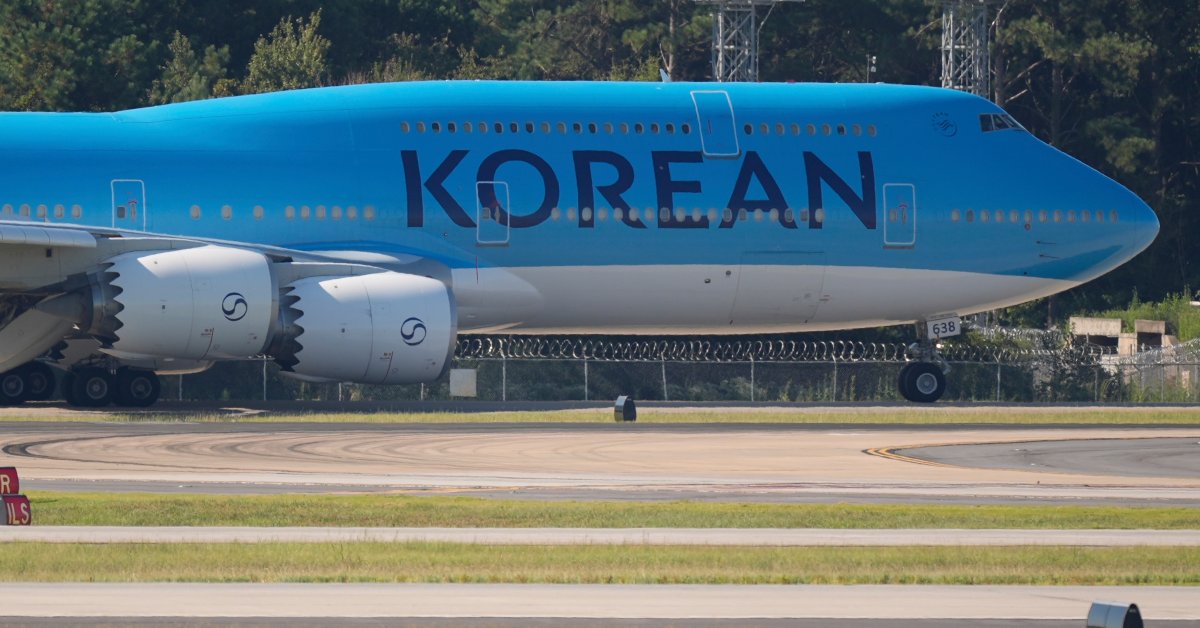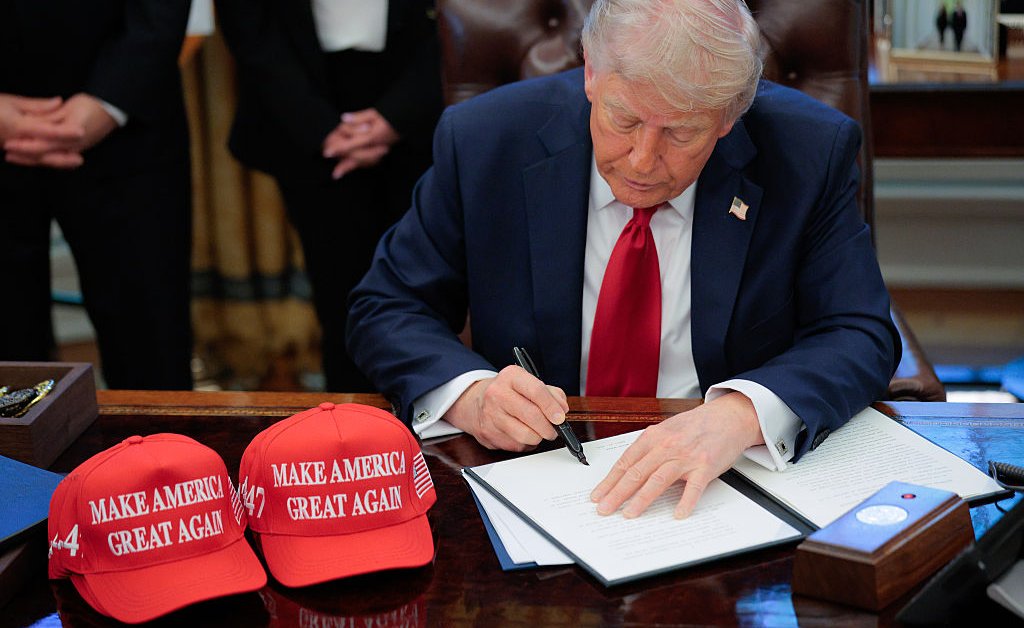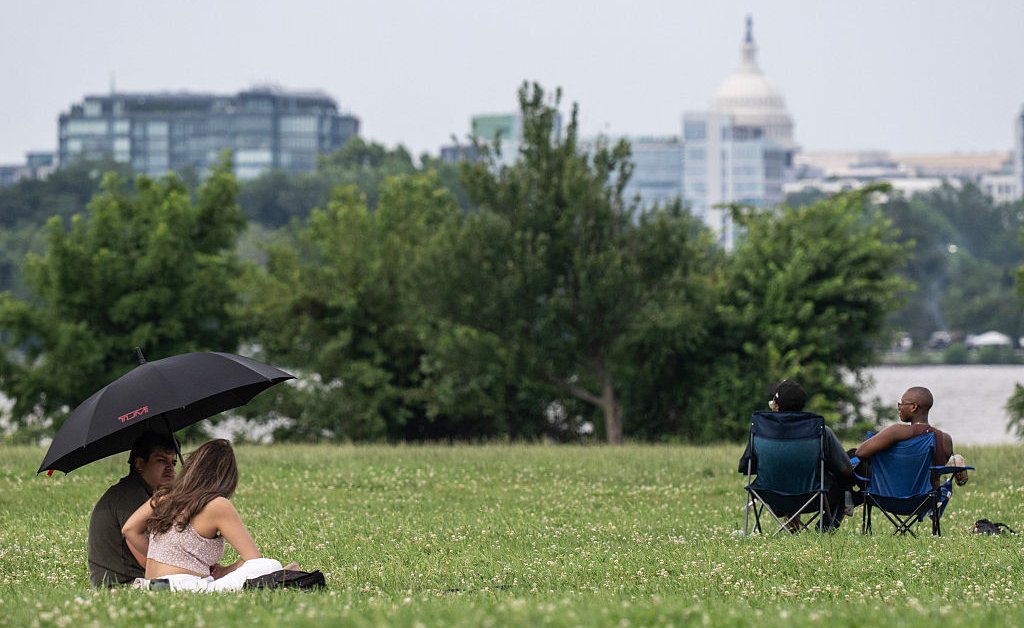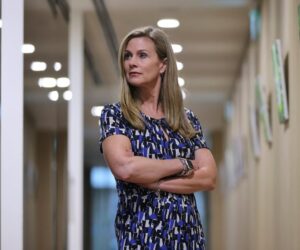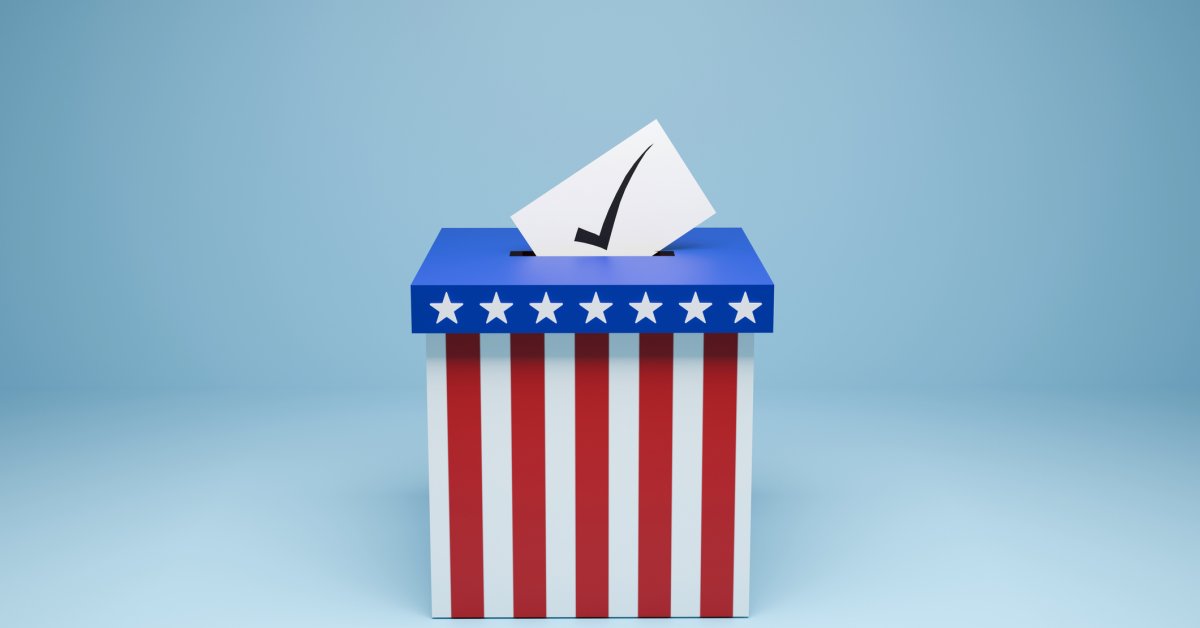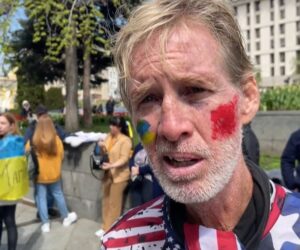The U.S. has again been highlighted on a watchlist maintained by global alliance CIVICUS to draw attention to serious concerns regarding the exercise of civic liberties in various countries, with the organization pointing to “sustained attacks on civil freedoms” in the first six months of President Donald Trump’s second term.
“The United States appears to be sliding deeper into the quicksands of authoritarianism. Peaceful protests are confronted with military force, critics are treated as criminals, journalists are targeted, and support for civil society and international cooperation have been cut back,” said Mandeep Tiwana, Secretary General of CIVICUS, in a press release accompanying the alliance’s July Monitor Watchlist Wednesday morning. “Six months into Donald Trump’s second term, a bizarre assault on fundamental freedoms and constitutional safeguards has become the new normal.”
CIVICUS, a network of civil society activists and groups that aims to strengthen citizen action around the world, added the U.S. to its watchlist in March, raising concerns about declining civil liberties after Trump’s return to office. The organization argues that there has been “escalated suppression” since then, including the deployment of the military against protestors and targeting of “journalists” covering demonstrations, moves to “defund and hobble nonprofits,” and “aggressive” targeting of immigrants who advocate for Palestine.
The latest watchlist also highlighted a “decline in civic space” in El Salvador, Indonesia, Kenya, Serbia, and Turkey—though the countries’ placements on CIVICUS’s civil liberties rating system vary. The system includes progressively severe ratings of open, narrowed, repressed, obstructed, and closed. A country rated as “open” is described by the organization as a state that “both enables and safeguards the enjoyment of civic space” and has low levels of fear, whereas a country considered “closed” has what it considers “complete closure – in law and in practice – of civic space.”
The U.S. is rated as “narrowed,” a categorization the group applies to states where it deems individuals can exercise their rights and freedoms but “violations of these rights also take place.”
Describing its concerns regarding the U.S., CIVICUS devoted particular focus to Trump’s June deployment of 700 marines and 2,000 National Guard members in response to protests sparked by Immigration and Customs Enforcement (ICE) raids in Los Angeles—a move for which Trump received widespread backlash. Tiwana called this level of military use a “dangerous precedent.”
Read More: Trump Sparks Backlash as National Guard Arrives in L.A. on His Orders to Quell Immigration Protests: ‘Purposefully Inflammatory’
“Sending military personnel into city streets to quash anti-administration protests is incompatible with the essence of democracy which protects the right to dissent,” he continued. “It’s a preferred tactic of despots around the world.”
The organization also cited the “violent repression and arbitrary arrest” of journalists as contributing to their rating for the U.S., including the arrest and detainment of Salvadorian journalist Mario Guevara while he was covering the “No Kings” protests on June 14.
It pointed to the recissions package passed by Congress on July 18 as well, which it noted approved the “first rollback of pre-approved public funding in nearly three decades”—defunding PBS, NPR, and local stations.
“The targeting of journalists for documenting dissent while defunding public media is a clear red flag,” Tiwana said of Trump’s legal battles against media organizations and figures and the defunding of public media.
Trump has sued several news outlets since re-entering office, including CBS over interviews it conducted with him and his 2024 Democratic opponent Kamala Harris; the Wall Street Journal’s parent companies, owner, and reporters over the outlet’s recent bombshell report regarding the President’s relationship with late sex offender Jeffrey Epstein; and the Des Moines Register over a poll released ahead of the presidential election that showed Harris leading Trump in Iowa by double digits.
CIVICUS also specifically references the detainment of individuals who “express solidarity with Palestinian rights,” in particular Mahmoud Khalil, a pro-Palestinian activist and legal permanent resident who studied at Columbia University and was held at an immigration detention center for three months before a judge ordered his release in June.
Such cases, the group wrote, illustrate “the growing criminalisation of solidarity actions” in the country.

